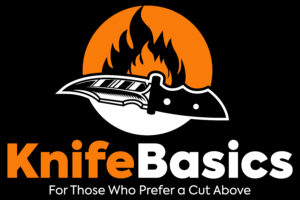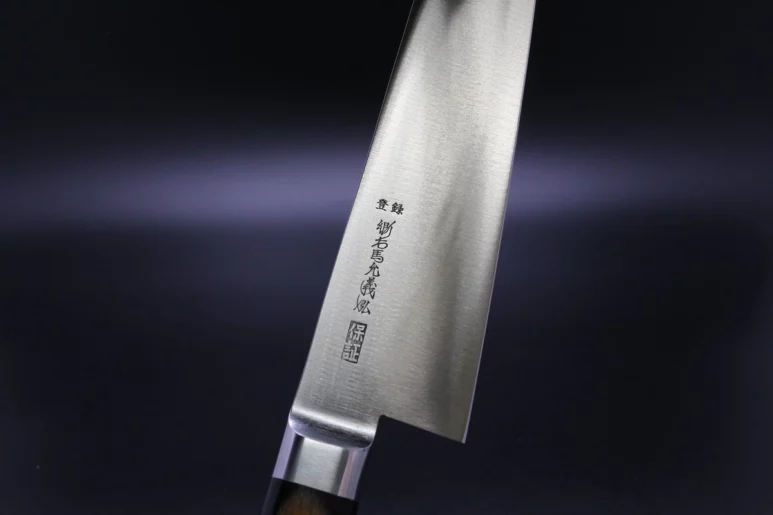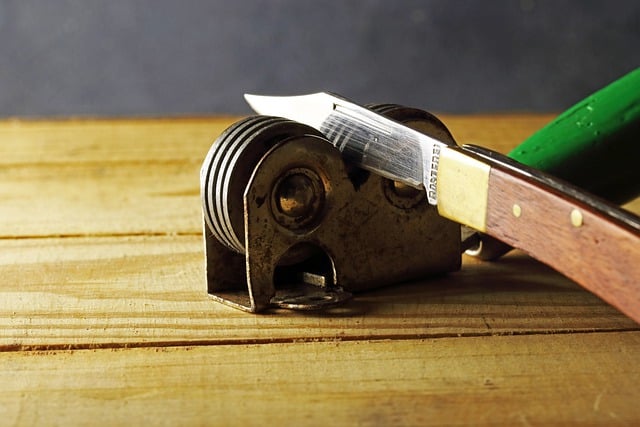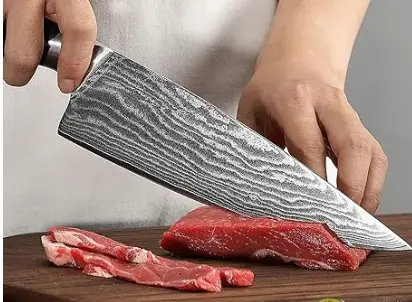Understanding the Strength and Versatility of SK4 Steel
In today’s fast-paced industries, high-performing materials are essential for creating durable and reliable products. One such material that has gained prominence is SK4 steel. Renowned for its exceptional strength and versatility, SK4 steel has become a go-to choice for various applications across multiple sectors.
With its outstanding physical properties, SK4 steel is capable of withstanding high stress and resisting wear and tear. Whether it’s in manufacturing tools, knives, or even industrial machinery, this steel grade offers exceptional performance and longevity.
But what makes SK4 steel stand out from other materials? What are its unique properties and applications? In this comprehensive guide, we delve into the intricacies of SK4 steel, exploring its composition, properties, and applications. We’ll discuss how it compares to other steel grades, its heat treatment capabilities, and its suitability for different industries.
Whether you’re a manufacturer, engineer, or someone interested in learning more about materials, this guide will provide you with an in-depth understanding of SK4 steel and its capabilities. So, let’s embark on this journey and explore the world of SK4 steel.
What is SK4 Steel?
SK4 steel is not stainless steel because it contains very low amounts of chromium in its composition (0.30%), it is thus highly susceptible to rusting and corrosion. SK4 is also known to contain high impurities like sulfur and phosphorus that negatively impacts its performance.
Most knife users skip knives made from this steel because of its poor corrosion resistance. However, it excels in other properties like edge retention, wear resistance, and toughness, and it can be a good choice if you do not intend to use it in corrosive environments.
SK4 blade steel is used in knife making and manufacturing other tools like drills, reaming tools, drawing die, handsaw, and blade cutter, among other tools that require moderate toughness and good edge retention.
SK4 Steel Composition (SK4 Steel Chart)
- Carbon C 0.9-1.0%: Increases the edge retention, hardness and tensile strength. It also improves steel resistance to wear, abrasion and corrosion.
- Chromium Cr 0.30%: Chromium Increases hardness, tensile strength and corrosion resistance of a blade.
- Manganese Mn 0.50%: improves the strength and hardness of steel. When the steel is heat-treated, hardenability is improved with increased manganese.
- Nickel Ni 0.25%: improves strength and toughness. It increases hardenability but not as much as some of the other alloying elements in steel. It can enhance corrosion resistance in significant amounts
- Silicon Si 0.350%: Increases strength and heat resistance.
- Copper Cu 0.25%: prevents oxidation of the blade
- Sulfur S 0.03%: Improves machinability
- Phosphorous P 0.03%: Forms hard carbide in combination with other elements
Properties of SK4 steel
SK4 Steel Hardness
SK4 steel has a hardness of 62HRC as per the Rockwell hardness scale, making it hard steel. The high hardness results from the high amounts of carbon in its composition and gives the steel excellent wear resistance and edge retention properties.
However, the hardness level varies depending on the manufacturer’s heat treatment; therefore, some blades made from SK4 steel have a low hardness of 55HRC.
Steel Toughness
The toughness of SK4 steel is not the best out there, but it is reasonable and better than most steel. SK4 knife steel does not break, chip, or crack easily when exposed to tough applications.
The more than average toughness level on this steel can be attributed to the high carbon content and the lack of a huge volume of chromium carbides which tend to form hard but brittle carbides.
The toughness of this steel type is however reduced by the high amount of impurities like sulfur and phosphorous in its alloy composition.
SK4 Steel Edge retention
With a high hardness of 62HRC, SK4 offers excellent edge retention properties. Knives made from this steel do not lose an edge or dull faster even with regular use. Therefore, you will spend more time using the knife than sharpening it, which is the desire of all knife users.
Corrosion resistance
SK4 is not stainless steel because it only contains 0-3% chromium. This means that the steel presents a problem with rusting and corrosion. If you are looking to buy a knife to be used in areas of high humidity and salty water, stay away from SK4 knives.
It is essential to point out that some manufacturers coat SK4 blades with anti-corrosion coatings like DLC coating to enhance their corrosion resistance properties. Therefore, look into such options if you love all its other properties.
Ease of sharpening SK4 Steel
Another downside of SK4 steel is that it is challenging to sharpen, which is expected because it is hard steel. Getting a razor-sharp edge with blades of this steel will take you more time and energy than soft steel.
Moreover, sharpening it will be more challenging for you if you do not have the right sharpening skills and tools. On the positive though, the steel does not get dull faster, meaning that you do not have to go through the sharpening process every day. If you would like to learn how to sharpen knives like a pro, read our guide that one of our experts recently wrote.
SK4 Steel Comparison
Steel Equivalent
AISI W1 steel is considered SK4 steel equivalent, W1 steel is a water hardening tool steel with an almost similar alloy composition to SK4 tool Steel. It is much more popular than SK4 with most knife makers due to how easy it is to forge and its high hardenability giving decent edge retention.
SK4 steel vs SK5 steel
SK4 contains more carbon than SK5, making it harder. Therefore, SK4 steel offers better edge retention and wear resistance than SK5. On the other hand, SK5 provides better toughness and is easier to sharpen. SK5 is considered a better steel than SK4 due to its more balanced properties in terms of toughness, edge retention and ease of sharpening.
SK5 steel is mostly found in most survival knives, razor blades and kitchen knives due to its balance of toughness and edge retention. Both Sk5 and Sk4 are affordable steels and knives made from these blade steels are relatively cheap. You can compare and contrast to Super Knife Steel knives that we recently wrote about.
SK4 steel vs. VG10 steel
VG10 steel is better than SK4 steel in all-around performance. It contains more carbon making it harder with better wear resistance and edge retention properties. It also contains higher chromium elements making it stainless steel and therefore better in fighting rust and corrosion.
VG10 steel is considered premium Japanese steel and is more expensive. It is also user friendly and requires very little maintenance due to its superb corrosion resistance. SK4 knives are, however, easier to sharpen and affordable.
Is SK4 steel good knife steel?
Shop for Sk4 Steel Knives on the Amazon Marketplace
Due to its inferior alloy composition, SK4 tool steel is relatively cheap and knives made from this blade steel can be obtained cheaply from most dealers. Sometimes you might be lucky and find a cheap SK4 Japanese kitchen knife.



